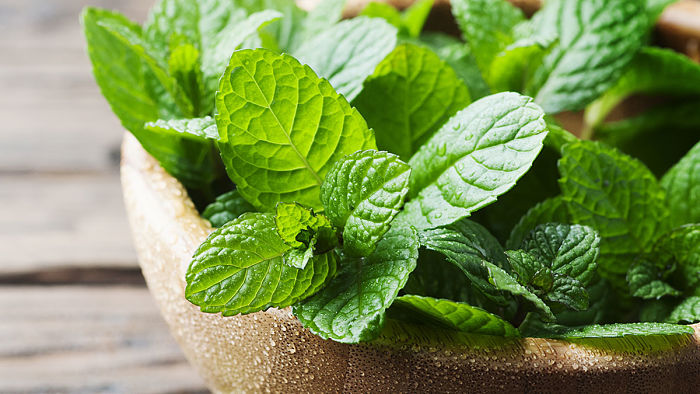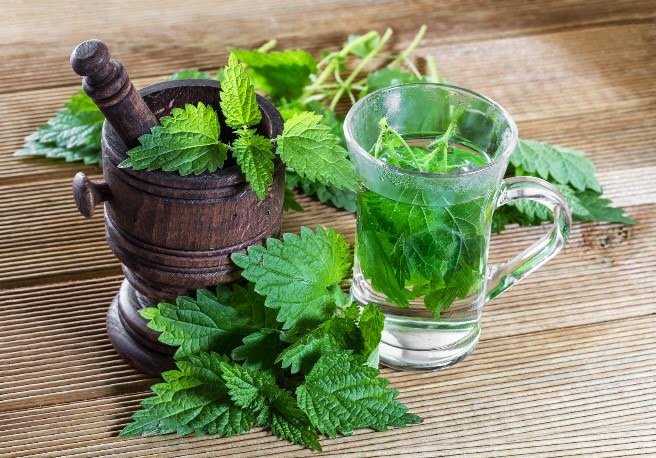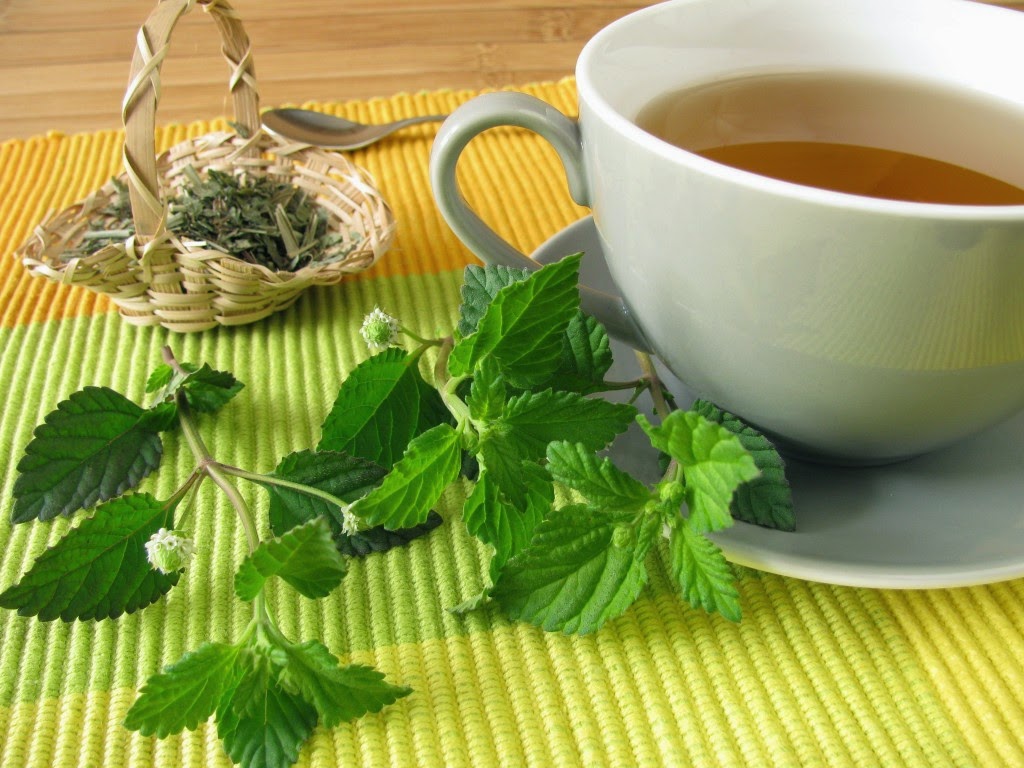Discover the benefits of peppermint and its calming effects

Peppermint is a powerful aromatic plant that has been used for centuries against colds, headaches and stomachaches. Today, medicinal peppermint is especially prized for its ability to relieve digestive disorders of all kinds. For this reason, many use this plant as supplements or in its natural form.

Table of Contents
The calming benefits of peppermint
Peppermint:
- Relieves nausea and dyspepsia.
- Reduces the symptoms of diverticulitis and functional colopathy.
- Freshens breath.
- Relieves muscle pain.
- Decongests the nasal passages.
- It could help dissolve gallstones.
We can find it as:
- Soft capsules
- Essential oil
- Fresh plant
- Dry plant
- Tincture
Caution: If you are receiving medical treatment, consult your doctor before taking any supplements.
The benefits of peppermint
Peppermint is a natural hybrid of spearmint and water mint. Peppermint is a perennial plant with pointed, dark green or oval purple leaves and purple flowers with a fresh, pungent scent. It is widely grown for cooking and herbal medicine, and is harvested in summer during flowering.
The leaves and stems of the plant are harvested in summer just before flowering, and are used medicinally. The main asset of peppermint is its volatile essential oil, whose therapeutic effects are mainly due to menthol (35 to 55%), mentone (15 to 30%) and flavonoids. The medicinal essential oil of peppermint is obtained by distillation of the aerial parts of the plant.
Peppermint: its analgesic and calming effect
The antispasmodic effect of peppermint and its extracts has been tested in both animals and humans. Its essential oil has the property of relaxing the smooth muscles (particularly that of the digestive system) and dilating the blood vessels.
It has an antiseptic and analgesic action, and decongests the nasal cavity. The infusion of peppermint significantly increases bile secretion, which is related not only to the presence of menthol, but also to that of flavonoids.
Warnings:
- Peppermint essential oil relaxes the gastrointestinal muscles, which can make hiatal hernia symptoms worse.
- Peppermint (in all its forms) should not be used in children under 5 years old due to the risk of suffocation and involvement of the nervous system. Its essential oil should be avoided before the age of 12.
Its main beneficial effects
Peppermint is very effective in treating digestive disorders, as it calms cramps and relieves the muscles of the intestine. This plant has traditionally been used in the symptomatic treatment of digestive disorders. Its essential oil fights intestinal cramps and gas.
Thanks to its antispasmodic action, it relieves the classic symptoms of functional colopathy: abdominal pain, alternate episodes of diarrhea and constipation, dyspepsia. The menthol it contains facilitates digestion by stimulating the secretion of digestive juices and bile. Several studies show that it also helps to dissolve gallstones, but it is advisable to consult a doctor before using it for this purpose due to the risk of bouts of liver colic.
Other health benefits of this plant
On the other hand, peppermint essential oil acts on nerve pain receptors. It has a positive effect on muscle pain. In the form of tea or essential oil, this plant acts on the stomach lining as a mild anesthetic and therefore helps fight nausea and dizziness. Tea may also decrease some symptoms of diverticulitis, such as flatulence and bloating.
It is also a traditional and natural antidote to bad breath. Peppermint is involved in many specialties for hygiene and mouth care. Breathing the essence of this plant helps to decongest the nasal passages and temporarily relieves colds and mild respiratory disorders.
Peppermint supplements
Recommended Dosages:
For the treatment of functional colopathy, nausea and dyspepsia, take 1 or 2 soft gels of essential oil 3 times a day between meals or 2 or 3 cups of infusion. To freshen your breath, put a few drops of essential oil on your tongue. To relieve pain, add a few drops of peppermint essential oil to 3 tablespoons of a neutral oil and massage the painful area up to 4 times a day.
Use tips:
To use peppermint tincture, pour 10-20 drops into a glass of water. To make an herbal tea, mix 250 ml of simmered water with 1 or 2 tablespoons of dried leaves and steep for 5 to 10 minutes (cover the cup to prevent the essential oil from volatilizing). Drink it preferably between meals. Avoid using peppermint essential oil when pregnant.
Possible side effects
Following the recommended dosages, peppermint generally has no side effects, even in the long term. However, there are rare hypersensitivities to menthol, causing skin rashes and / or digestive pain. In this case, stop the treatment.
In vitro studies have shown that peppermint essential oil is capable of destroying various types of bacteria, as well as the herpes virus.
Other useful information about peppermint
Research conducted at the University of Kiel (Germany) found that applying a mixture of peppermint and ethanol to the forehead and temples significantly reduces pain in the event of headaches.


